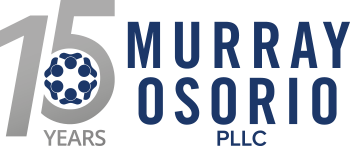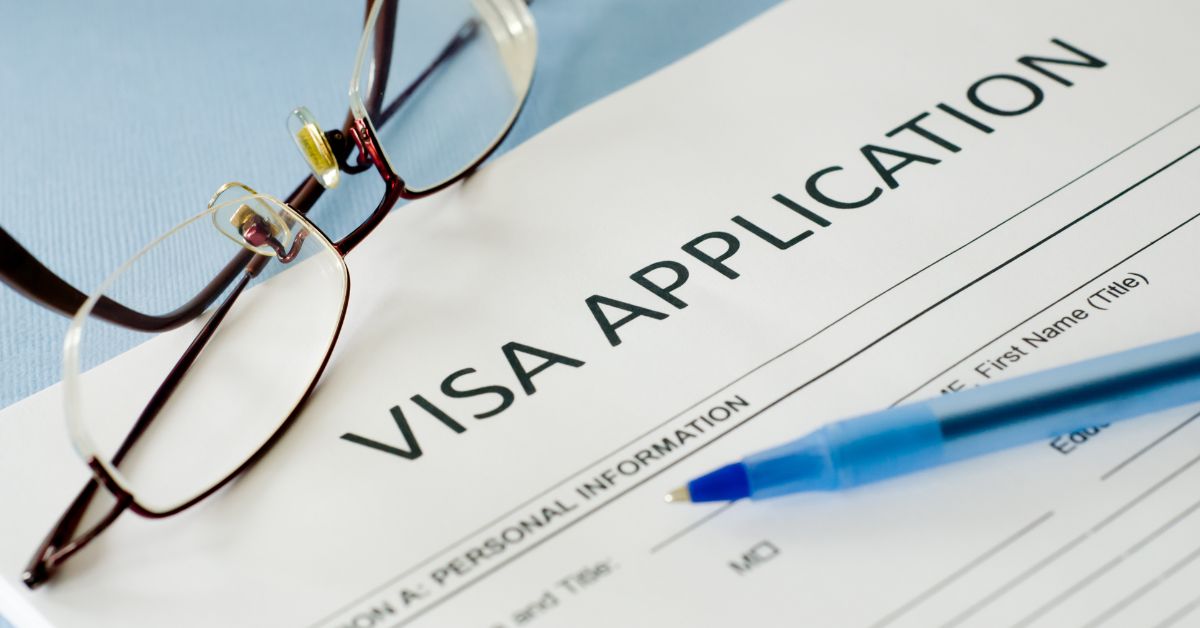Employment-based visas are a crucial part of the U.S. immigration system, serving as a bridge for skilled foreign workers to contribute to the American economy. These visas are issued based on an individual's ability to fill a specific job role that may be in demand or hard to fill with domestic workers. The process typically involves an employer sponsoring the foreign worker, who then applies for the visa. The number of these visas issued each year is capped, making the process highly competitive.
Employment-based visas are not just about filling job vacancies. They also play a significant role in fostering cultural exchange, promoting innovation, and driving economic growth. By allowing businesses in Newark, NJ, and across the country to tap into a global talent pool, these visas help to ensure that the U.S. remains competitive on the world stage.
Types of Employment-Based Visas: A Comprehensive Breakdown
Temporary Employment Visas: H-1B, H-2A, H-2B, and More
Temporary employment visas are designed for foreign workers who intend to work in the U.S. for a specific period. One of the most well-known is the H-1B visa, which is for individuals in specialty occupations that require a bachelor's degree or higher. The H-2A and H-2B visas, on the other hand, are for seasonal agricultural and non-agricultural workers respectively. Each of these visas has specific requirements and limitations, and understanding these is crucial for a successful application.
Permanent Employment Visas: EB-1, EB-2, EB-3, and More
For those seeking to make a more permanent move to the U.S., there are several options. The EB-1 visa is for individuals with extraordinary ability in their field, outstanding professors and researchers, and multinational managers or executives. The EB-2 visa is for professionals with advanced degrees or exceptional ability, and the EB-3 visa is for skilled workers, professionals, and unskilled workers. Each of these visas offers a path to permanent residency, or a green card, and eventually citizenship.
Specialized Employment Visas: L-1, O-1, E-3, and More
There are also specialized employment visas for specific situations. The L-1 visa, for example, is for intra-company transferees who work in managerial or executive roles, or have specialized knowledge. The O-1 visa is for individuals with extraordinary ability or achievement in the sciences, arts, education, business, or athletics. The E-3 visa is specifically for professionals from Australia. These visas cater to unique circumstances and offer more options for potential immigrants.
Requirements for Employment-Based Visas: A Detailed Guide
General Requirements: Education, Experience, and Job Offer
While the specific requirements for each employment-based visa vary, there are some general criteria that all applicants must meet. These typically include having the necessary education or training for the job, relevant work experience, and a job offer from a U.S. employer. Some visas also require proof of the applicant's unique skills or abilities. It's important to thoroughly understand these requirements before starting the application process.
Specific Requirements: Varying by Visa Type and Country of Origin
Each type of employment-based visa has its own specific requirements. For example, an H-1B visa requires the applicant to work in a specialty occupation and have a bachelor's degree or higher. An EB-2 visa, on the other hand, requires an advanced degree or exceptional ability in the sciences, arts, or business. Additionally, the applicant's country of origin can also affect the visa process, as there are annual limits on the number of visas issued to each country.
Navigating the Application Process: Required Documents and Steps
The application process for an employment-based visa can be complex and time-consuming. It typically involves several steps, including obtaining a labor certification from the Department of Labor, filing a visa petition with U.S. Citizenship and Immigration Services, and attending an interview at a U.S. embassy or consulate. Applicants also need to provide various documents, such as proof of their qualifications and a job offer letter. Given the complexity of the process, it's often beneficial to seek legal advice.
Common Challenges and Misconceptions about Employment-Based Visas
Addressing Common Myths: From Application Difficulty to Job Security
There are many misconceptions about employment-based visas that can deter potential applicants. One common myth is that the application process is too difficult or expensive. While it can be complex, with the right guidance and preparation, it's certainly manageable. Another myth is that these visas don't offer job security. In reality, many employment-based visas lead to permanent residency, providing long-term stability.
Overcoming Challenges: Tips for Successful Application and Approval
Despite the challenges, there are ways to increase your chances of a successful application. One key tip is to start the process early, as the demand for these visas often exceeds the supply. It's also crucial to ensure that all documentation is accurate and complete, as errors can lead to delays or denials. Lastly, seeking professional advice can be invaluable in navigating the process and overcoming any hurdles.
The Role of Employers in Employment-Based Visas
Employer Responsibilities: From Sponsorship to Compliance
Employers play a crucial role in the employment-based visa process. They are typically responsible for sponsoring the foreign worker, which involves filing a petition with U.S. Citizenship and Immigration Services. Employers also need to comply with various regulations, such as paying the prevailing wage and providing suitable working conditions. Failure to meet these responsibilities can lead to penalties and jeopardize the visa process.
Benefits for Employers: Access to Global Talent and Diversified Workforce
While the process may seem daunting, there are significant benefits for employers. Employment-based visas provide access to a global talent pool, allowing businesses to fill skill gaps and gain a competitive edge. They also promote diversity in the workplace, fostering innovation and cultural exchange. For businesses in Newark, NJ, and beyond, these visas can be a valuable tool for growth and success.
If you're considering an employment-based visa, whether as an applicant or an employer, it's crucial to have expert guidance. At Murray Osorio PLLC, we specialize in immigration law and can help you navigate the complexities of the visa process. Contact us today to learn more about our services and how we can assist you.
Murray Osorio PLLC is available by phone at (800) 929-7142 or you can always send us a message online.


